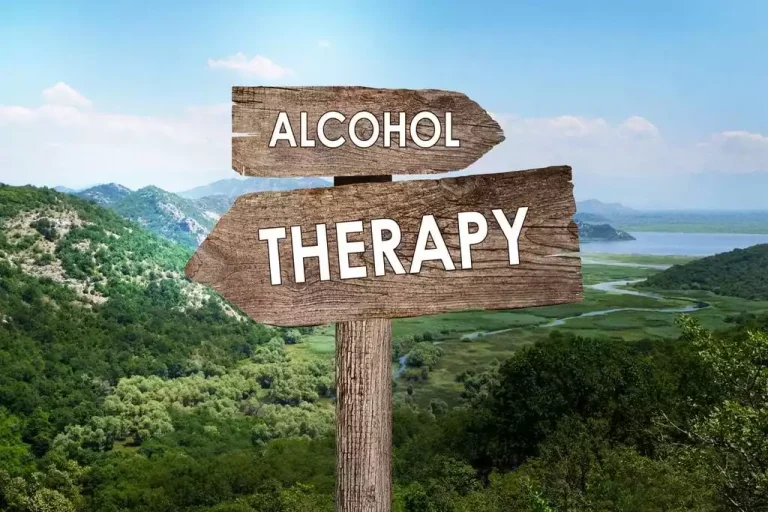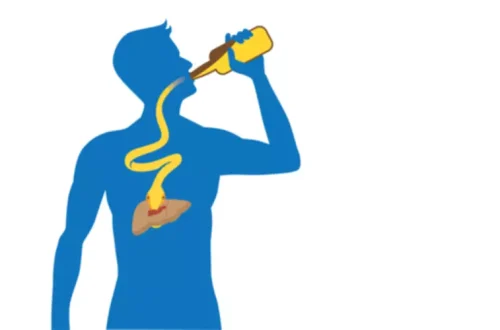
By attending these meetings, you build trust and rapport with others who understand the challenges of sobriety, encouraging you to make healthy decisions. These groups provide environments to connect with others in recovery from different backgrounds and with various levels of experience. Recovery from addiction is a journey that requires determination, commitment, and support.
Here are some key benefits of having a strong sober support network:
The people closest to you are often the ones who are hurt the most by your addiction. And, these are often the people who will be most important in your support group. It’s important to practice the skills of discernment, especially when you are working with friends and family. Encourage your support network to learn more about addiction and the challenges that you are facing. Rebuilding relationships during recovery often involves mending the wreckage of the past, whether following a relapse or during your fifth year sober. This process entails acknowledging and apologizing for past wrongs, demonstrating consistency in actions, and serving as a positive example of the changes made.

Strategies for Building Relationships in Recovery

Celebrating with family or friends can provide emotional support during tough times, reminding you of your progress and encouraging you to keep moving forward. Each person’s sobriety milestones are unique, and they might commemorate various small victories several times a year. Formulating a personalized self-care plan is significant sober network for preserving sobriety and promoting overall well-being. By helping individuals prioritize their physical, emotional, and mental health needs, this plan aims to prevent relapse and build resilience. Addressing physical, mental, and spiritual needs equips individuals with tools to resist triggers that could jeopardize sobriety.
Identifying Your Supportive Circle
This is because recovering from addiction is physically and emotionally taxing—not just on you but on those who love you as well. By going through therapy, you can explore your thoughts and behavioral patterns related to addiction. Because of this, they can offer advice based on experience and provide a unique perspective on recovery. You should ask these people outright if they’d be willing to help you in your journey and if they’d be open to you relying on them for extra support. Supporting someone recovering from addiction can be taxing, so make sure you clearly explain what you will need. Clearly communicating your needs, goals, and limitations can help others understand how to support you effectively.
- Are you a state agency, licensed provider, individual, or family looking for a MASH-certified sober home?
- Building a sober support network can be challenging, but the rewards are worth the effort.
- One of the easiest ways to build a new support group is to attend recovery meetings.
- To create a recovery program, gather information, recognize triggers, rely on coping skills, and implement your plan to take care of yourself.
Family members and friends who have stood by you can form the foundation of your network. However, not everyone in your existing relationships might be able to provide the necessary support for your recovery. These strategies can help you stay on track and maintain a positive recovery journey. You can build a sober support network with family members, friends, addiction specialists, professionals, and peer support groups like Alcoholics Anonymous and SMART Recovery. Individuals in recovery benefit from maintaining boundaries as it helps them safeguard their progress by steering clear of situations that could trigger a relapse. This practice supports their commitment to staying on track and maintaining a healthy lifestyle.

The Importance of Building Relationships in Recovery
All of these groups emphasize the importance of finding a community of sober peers, helping one another on the path to recovery, and living a lifestyle that makes it easier to maintain your sobriety. 12-step meetings have helped millions of people recover from substance use disorders. Aside from the steps themselves, one of the most beneficial aspects of 12-step meetings is the robust network of social support that they offer. If there comes a time when you are slipping back into your old habits, your sober support network will be able to point out the behaviors. Being aware of this can help you stop relapse in its tracks and get back on the course of your healing. Accountability will help you maintain your recovery without setting you back.

Practicing Self-Care to Support Sobriety
- Boston Sober Homes is a M.A.S.H certified sober housing company for those who are serious about their recovery and sobriety.
- In some instances, seeking professional help may be necessary to address specific challenges or conflicts within your relationships.
- By being transparent about your needs, you not only allow them to understand your situation better but also enable them to provide the encouragement you require.
- Building a support network can be considered a lifelong opportunity, and every chance that you have to make it grow may lead to a lifelong change or improvement.
- For this reason, patients may be more inclined to shy away from investing effort into building a support network when they graduate from rehab and commit to remaining clean and sober.
Organizations like SMART Recovery offer face-to-face meetings and online resources, providing valuable guidance and coping strategies. By selecting the right individuals, you can build a strong support system to aid in your recovery. In helping an individual achieve sustainable sobriety over time, their knowledge and support are essential. Are you a state agency, licensed provider, individual, or family looking for a MASH-certified sober home?
Sober House Directory
For this reason, patients may be more inclined to shy away from investing effort into building a support network when they graduate from rehab and commit to remaining clean and sober. Nevertheless, it is necessary to invest time, effort, and energy into building a strong, positive, healthy social network even if it requires moving beyond your typical comfort zone. A support network can include various types of relationships, such as family members, close friends, peers in recovery, and professionals in the field. Each type of relationship contributes to the overall support system in different ways. If a relationship is detrimental to your well-being and sobriety, it is essential to create distance from toxic individuals and establish clear boundaries for a healthy environment. The very first parts of building a sober support network can start from the relationships you already have.
The Critical Importance of a Sober Support Network
Building and maintaining relationships during this journey can be transformative and fulfilling, providing individuals with the guidance, encouragement, and accountability they need to succeed. Building relationships in recovery can be a transformative and fulfilling process. In this section, we will explore some common obstacles individuals may encounter when building relationships in recovery and strategies for overcoming them. By practicing open communication, both parties involved can foster trust and create an environment of mutual support. Transparency enables individuals to share their experiences, challenges, and progress, promoting a sense of connection and understanding. One of the most important things to do when building your support network is learn how to rebuild and repair these relationships.

Comentarios recientes